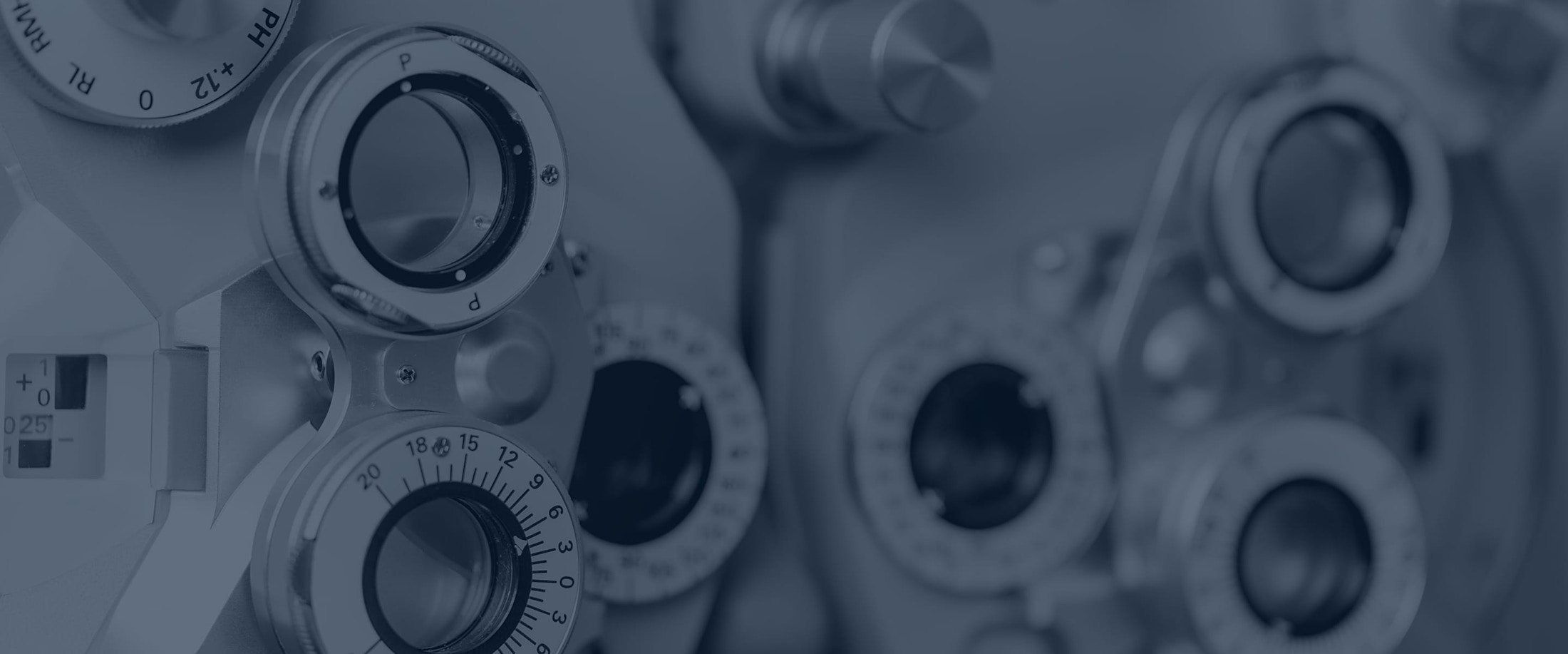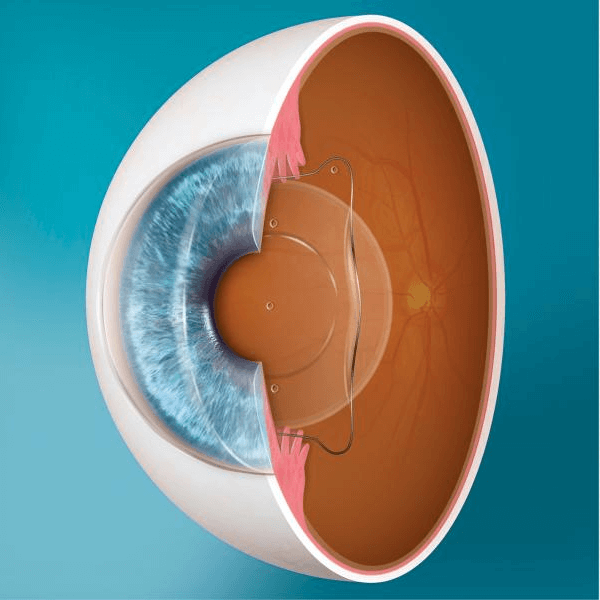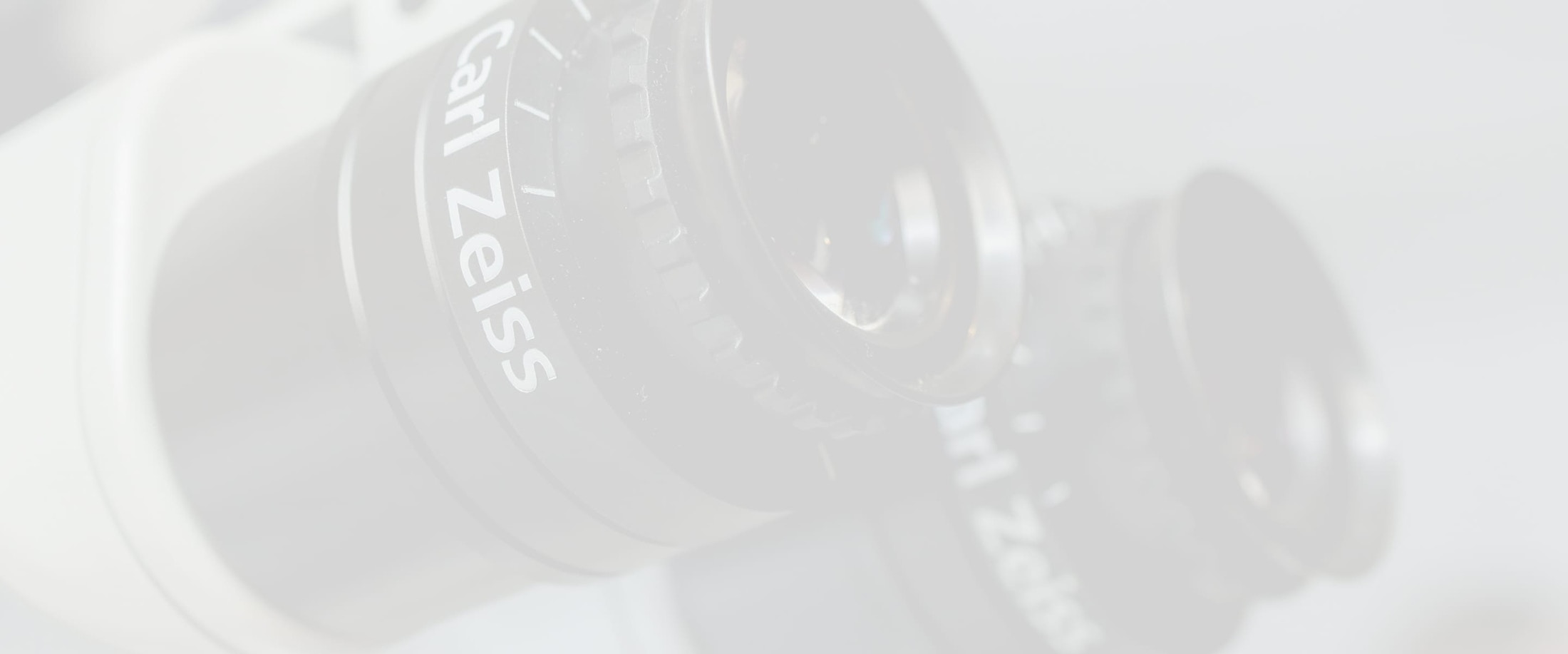EVO ICL is a permanent yet reversible contact lens that improves vision. It was previously called Visian ICL. FDA clearance has allowed Dr. Chu to use STAAR’s newest implantable contact lens technology. Join the thousands of Minneapolis, and Bloomington patients who have experienced visual freedom with EVO ICL from refractive surgeon Dr. Ralph Chu.
Why we love the EVO ICL
- Can treat both astigmatism and myopia
- Fast 20-30 minute procedure
- Quick results with minimal downtime
- Clearer vision: High patient satisfaction =













